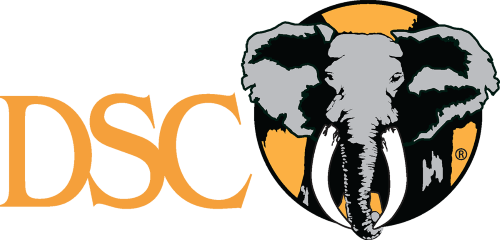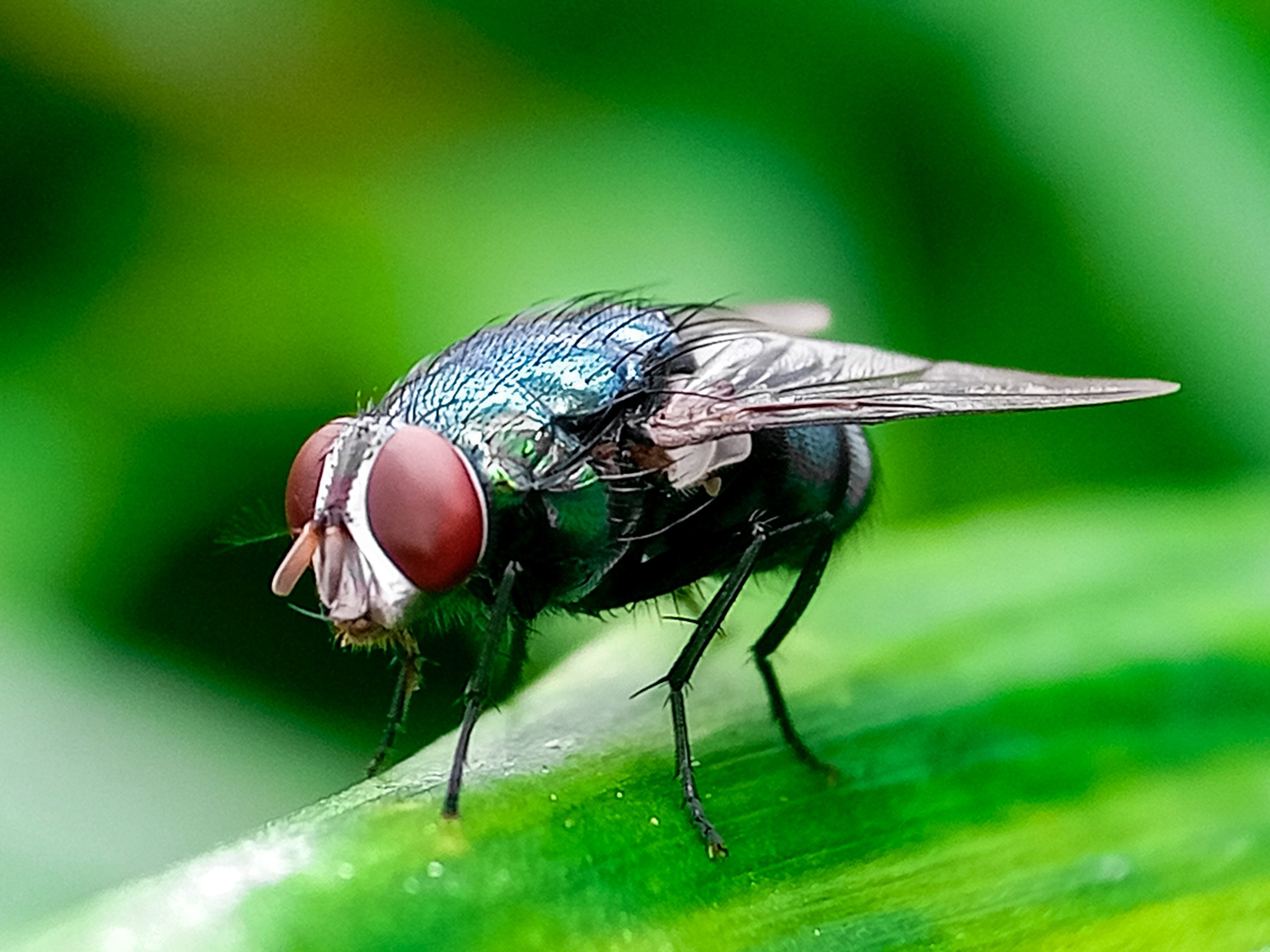REPORT FROM TEXAS PARKS & WILDLIFE MAY 4, 2022
AUSTIN – The National Veterinary Services Laboratories (NVSL) confirmed this week the presence of highly pathogenic avian influenza (HPAI) in a great horned owl at a rehabilitation facility in Wichita County — the first such confirmed case in a wild bird in Texas. The facility quickly notified the Texas Parks and Wildlife Department (TPWD) after the owl began to show clinical signs consistent with HPAI. This case of HPAI follows an early April detection of the disease in a commercial pheasant flock located in Erath County.
HPAI is a highly contagious virus that transmits easily among wild and domestic bird species. It has been detected in 38 states across the country. Symptoms include diarrhea, incoordination, lethargy, coughing and sneezing and sudden death, though birds infected with HPAI may not always have outward signs of infection. The virus may spread in a variety of ways, including through contact with infected wild and domestic birds as well as by contaminated equipment, clothing and shoes of caretakers.
Because of the ease of transmission, TPWD recommends facilities with wild or domestic birds enhance their biosecurity measures to reduce the risk of introduction. Furthermore, the public can assist in interrupting HPAI transmission by limiting all unnecessary contact with wild birds. Wildlife rehabilitators should also remain cautious when intaking wild birds with clinical signs consistent with HPAI and consider quarantining birds to limit the potential for HPAI exposures within the facility.
Currently, the transmission risk of avian influenza from infected birds to people remains low, but the public should take basic protective measures (i.e., wearing gloves, face masks and handwashing) if contact with wild birds cannot be avoided. TPWD recommends contacting the Texas Department of State Health Services for more information on the potential of HPAI to spread to humans and how to reduce your risk of exposure.
Those who locate birds with signs consistent with HPAI should immediately contact their local TPWD wildlife biologist or their Texas Animal Health Commission Region Office. For more information on HPAI and biosecurity enhancement, please visit the United States Department of Agriculture and Texas Animal Health Commission websites.



